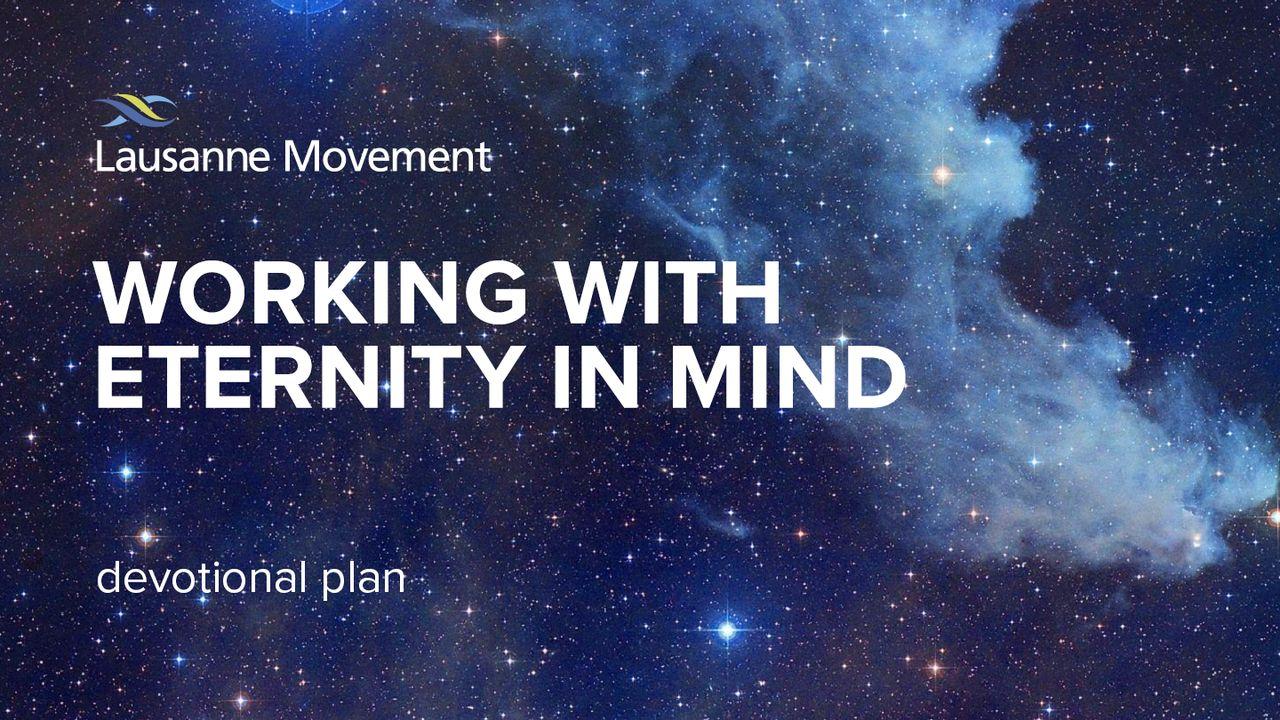Working with Eternity in MindMinta

We read that Daniel was offered the very best food and drink that Babylon had to offer, yet Daniel chose not to partake in the royal food, seeing this as a defilement of his body. Daniel was living as a Jew in a foreign land, against his own will and with a new name. While he was seemingly well looked after, he had little control over his circumstances. The one area that Daniel was able to control, however, is what he ate—and at this point in time, it was the one area he gave over to the Lord God. While his objection to the food and drink was not received well by the king’s official, Daniel remained polite and gracious while trusting in God.
Despite him being renamed and repurposed in his service for a foreign ruler, Daniel did not forget his God and he didn’t forget that the Lord was there helping him and had already gone ahead. God honoured Daniel’s boundary setting.
How can we learn to better make the best of what God has given us? Perhaps it is money that could be better shared, time that could be better spent, or resources that could be used to the benefit of others. In those moments in our workplaces where we rub shoulders with those who don’t know Christ, how are we setting boundaries around those opportunities for the Lord to use us, seeking his will and guidance?
Regardless of our circumstances—in abundance and lack, freedom and trial alike—we are called to always honour the Lord. Sinclair Fergusson reminds us, ‘It is not who you are or where you are that ultimately matters in the Kingdom of God, it is what you are. Faithfulness, not reputation, or situation, is what counts in God’s kingdom.’
Szentírás
A tervről

What does it look like to live faithfully for God in the workplace? For the next five days, let the book of Daniel guide you into seeing the workplace through an eternal lens.
More

